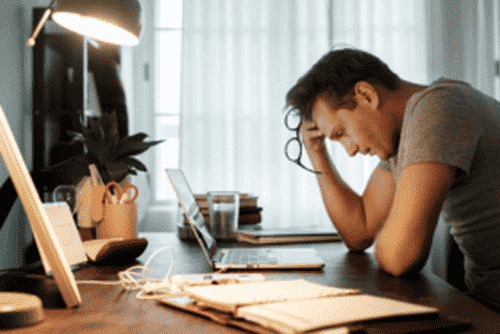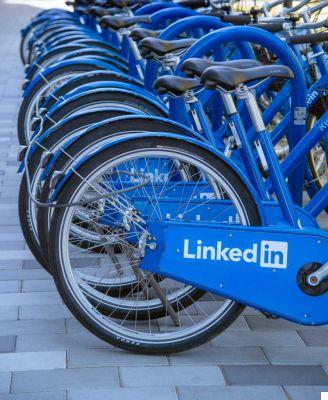Today we count on numerous strategies to enjoy free time by preventing our mind from continually thinking about professional commitments outside of working hours.

Last update: 17 September, 2019
People with great responsibilities at work or with a heavy load of stress may find it difficult to enjoy leisure time. On many occasions, it is difficult to disconnect from our weekly routine. We can mull over the last discussion with the boss or the meeting with a difficult client even in our moments of relaxation.
More and more people need to learn to disconnect from work. In recent years, psychology has studied the best techniques to do this. Thanks to this, today we count on numerous strategies to enjoy free time by preventing our mind from continually thinking about professional commitments outside of working hours.
How to enjoy your free time
Nowadays there are numerous techniques that can help us enjoy free time without making work an obstacle. However, the most supported by scientific evidence are the following:
- Practice mindfulness.
- Reserve a space of the day to stress ourselves, just like that, to stress ourselves!
- Set goals other than work.
Let's see them in detail.
1. Practice mindfulness to enjoy free time
More and more people are interested in meditation or conscious control of attention. Mindfulness precisely collects these goals by bringing interesting and complementary lines of work to succeed.
But what exactly does this discipline consist of? In its most basic version, we are talking about a "toolbox" that helps us take a break and focus all our senses on the present moment, on our closest environment.
In this way we are much more resistant to possible intrusive, recurring and negative thoughts that can damage our performance.
Mindfulness also wants to be the means that takes us away from anguish, suffering and, above all, from the worries generated by the anticipation of possible misfortunes. It brings us back to the present and, in this way, when we look towards the future, our gaze is no longer altered by a memory or a collection of isolated memories.. Finally, we can affirm that his "tools" are useful for regaining control of the situation, since it is in the present moment that we can act and generate changes.
2. Reserve a space of the day to stress ourselves out
From a continuous connection with work comes a perennial worry that occupies all of our time. Thoughts about our obligations can even become obsessive. Enjoying free time therefore becomes an almost impossible undertaking: our mind never stops anticipating possible threats that we should face.
To prevent this situation, some specialists who work within the framework of ACT therapy advise that we reserve a space of the day to worry. We will have to do it in the following way: for half an hour a day we will have to constantly review all the elements that worry us about our work and we will formulate solutions.
This activity has a double positive effect. On the one hand, when we try to enjoy our free time and a worrying thought arises, we can say something like “I'll think about it later”. On the other hand, after thinking about our problems tirelessly for half an hour, we may find that they are not really important enough to devote all that time to them. If this exercise is done for several consecutive days, in most cases, worries will lose their value.
3. Set goals other than work to enjoy free time
The human being needs goals, therefore if we don't set goals other than work, our attention and mental resources will remain in the workplace (even if we physically distanced ourselves from it). One of the most powerful tools to free ourselves from work stress is to find something that we are passionate about and that has nothing to do with our occupation.
The problem is that after work we are so tired that we just want to lie down and rest. There is nothing wrong with enjoying free time in the way deemed most appropriate; however, setting goals and trying to reach them can make it more challenging.
Why don't you try to resume an old pastime? Or maybe it's time to start writing that story you've been thinking about for so many years. Even if it is difficult at first to be “productive” during your free time, after a short time your mood will improve. Hand in hand, the obsession with work will decrease enormously if we stop investing all our energies and worries in it.
Work has now become a valuable asset, which is why the problem dealt with in this article is very common. Not only do we spend many hours at work, but we spend many more hours with our minds at work.
In this article we have proposed some ideas for enjoying free time while keeping away the challenges that at that moment we cannot and must not solve. Now it is up to us to make them concrete.


























